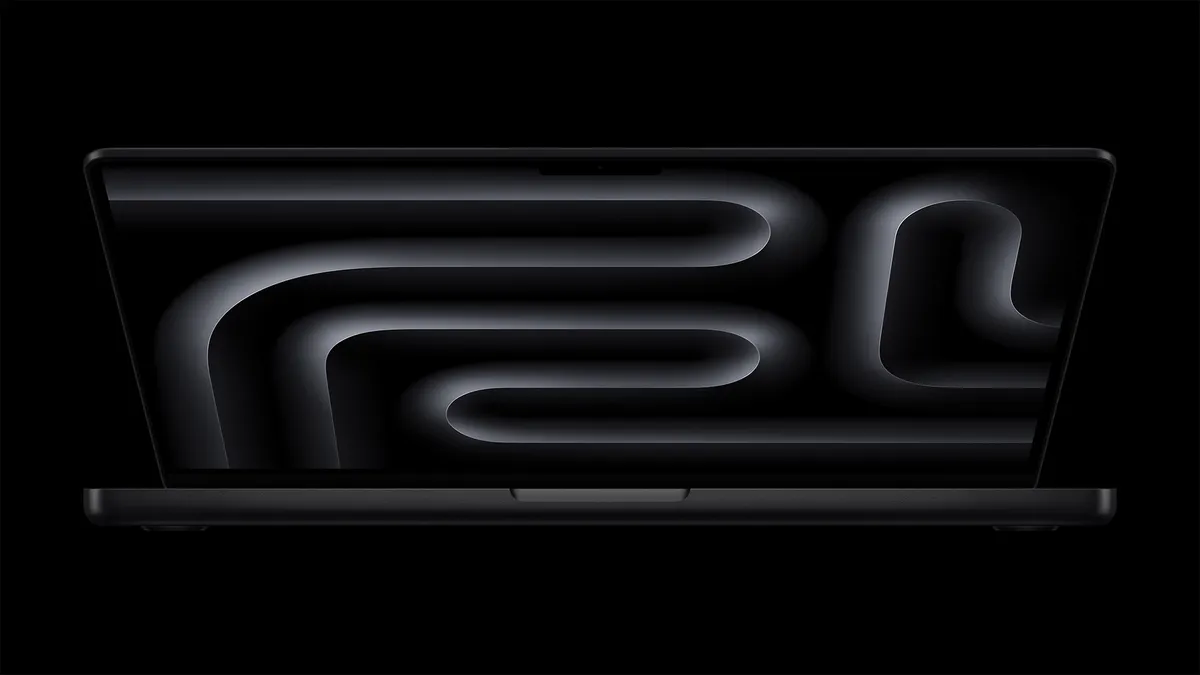
The recent release of the MacBook Pro featuring the new M5 chipset has sparked interest among tech enthusiasts, despite its unassuming exterior that closely resembles its predecessor. While it may appear that Apple simply swapped in the new chipset, a deeper inspection reveals a host of significant upgrades that enhance the overall performance of this portable powerhouse.
One of the standout improvements in the M5 MacBook Pro is its remarkably faster SSD performance. Recent comparisons against the M4 MacBook Pro demonstrate an astonishing increase of up to 211 percent in read and write speeds. The new model achieves impressive figures in the Blackmagic speed test, showcasing its superiority in the sequential read category.
According to a thorough examination by the YouTube channel Max Tech, both the M5 and M4 MacBook Pro share similar internal layouts, including a single fan and heatpipe cooling solution. Each device is equipped with two NAND flash memory chips, which are crucial for maximizing SSD performance. However, the M5 model stands out with its enhanced capabilities.
Max Tech conducted extensive Blackmagic speed tests to evaluate the performance enhancements offered by the M5 MacBook Pro. The results were impressive, indicating that users interested in upgrading will be satisfied with the performance gains. The M5 MacBook Pro achieved the following speeds:
Read Speed: 6,323MB/s (211.3 percent faster than M4) Write Speed: 6,068MB/s (84.31 percent faster than M4)For comparison, the M4 MacBook Pro recorded:
Read Speed: 2,031MB/s Write Speed: 3,293MB/sThe speeds achieved by the M5 MacBook Pro are comparable to those of standalone PCIe NVMe Gen 4 solid-state drives typically found in high-performance desktop and laptop computers. Although specific specifications for the upgraded SSD controller remain undisclosed, the noticeable improvements suggest significant enhancements in this area.
While the M5 MacBook Pro excels in speed, it is worth noting that it can become quite warm during intensive workloads, with temperatures reaching up to 99 degrees Celsius. However, it has been reported that this model operates at cooler temperatures compared to the M4 MacBook Pro, which is a positive development for users concerned about thermal performance.
The advantages of the faster SSD in the M5 MacBook Pro translate to a more responsive experience, allowing applications to open more quickly and improving overall productivity. For those considering an upgrade, the base model of the M5 MacBook Pro is currently available on Amazon for approximately $1,583 in the sleek Space Black finish.
Alternatively, budget-conscious consumers may find value in the base M4 MacBook Pro. It features 16GB of unified RAM, a 512GB SSD, a 10-core CPU, and a 10-core GPU, priced at around $1,349 and also available in Space Black.
In conclusion, the new M5 MacBook Pro offers significant performance upgrades, particularly in SSD speed, making it a compelling choice for users seeking enhanced computing power.